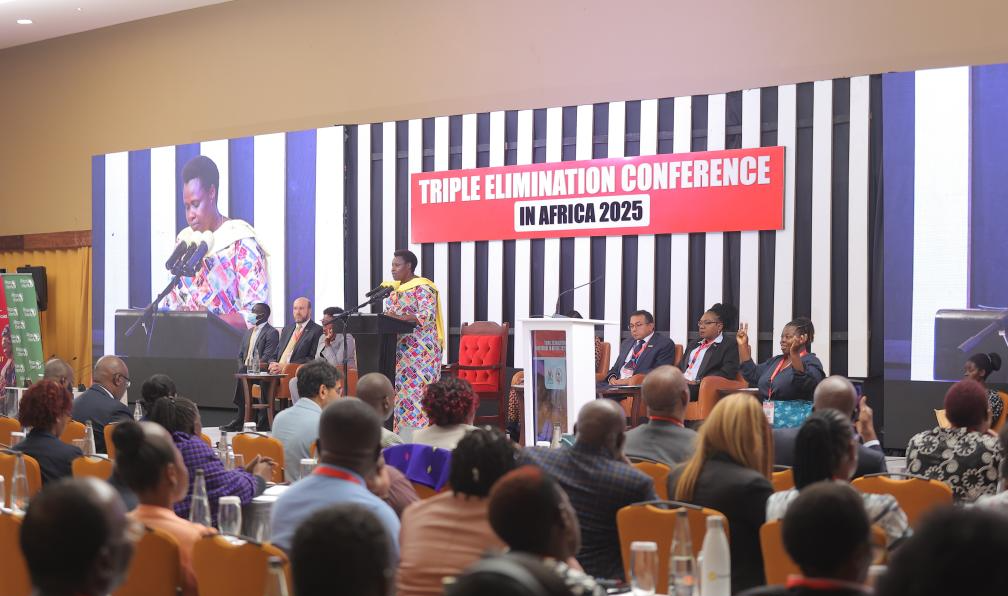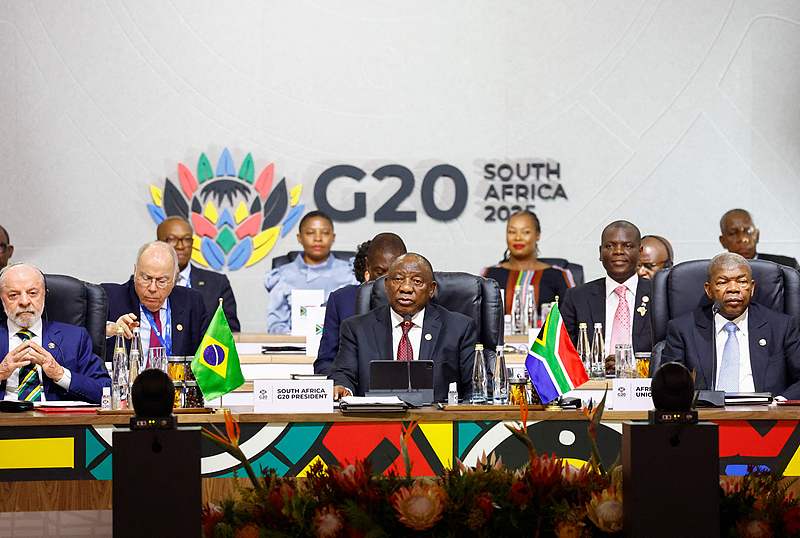
Health experts convene in Uganda to enhance efforts to eliminate HIV, hepatitis B, and syphilis in Africa
Health experts, policymakers, and researchers began a three-day meeting in Kampala, the capital of Uganda, on Monday to accelerate the elimination of mother-to-child transmission of HIV, syphilis, and hepatitis B across Africa.
The event is the first high-level conference in Africa focused specifically on this triple elimination effort.
Ugandan President Yoweri Museveni, represented by Vice President Jessica Alupo, emphasized the importance of unity and innovation in addressing the continent’s health challenges, especially in light of shifting global health priorities and decreasing funding.
“As Africa, and as a global community, we must act with unity, innovation, and purpose to advance maternal and child health and eliminate mother-to-child transmission of HIV, syphilis, and hepatitis B,” stated Museveni. He pointed out that the interconnected epidemics of HIV, syphilis, and hepatitis B create a significant public health burden, particularly through transmission during pregnancy, childbirth, and breastfeeding.
Uganda’s Minister of Health, Ruth Aceng, told attendees that while progress has been made in HIV prevention, care, and treatment, substantial challenges remain, particularly concerning syphilis and hepatitis B. She highlighted that by the end of 2024, there will be approximately 26.3 million people living with HIV in Africa, accounting for 65 percent of the global total.
Additionally, syphilis cases are rising worldwide, with eight million adults currently infected, 700,000 congenital cases, and 230,000 deaths annually. Africa has recorded the highest increase in syphilis cases globally, with only Botswana and Namibia currently on track to eliminate mother-to-child transmission. The continent is also home to 65 million people chronically infected with hepatitis B, contributing to 63 percent of the world’s new infections, Aceng noted.
“Integration is the way to go now, especially in this era of unprecedented funding challenges, where we are already seeing a reduction in funding from development partners,” Aceng remarked.
According to the event organizers, the conference aligns with the World Health Organization’s 2030 disease elimination targets and the African Union’s Agenda 2063, both aiming for a healthier, more resilient Africa.






